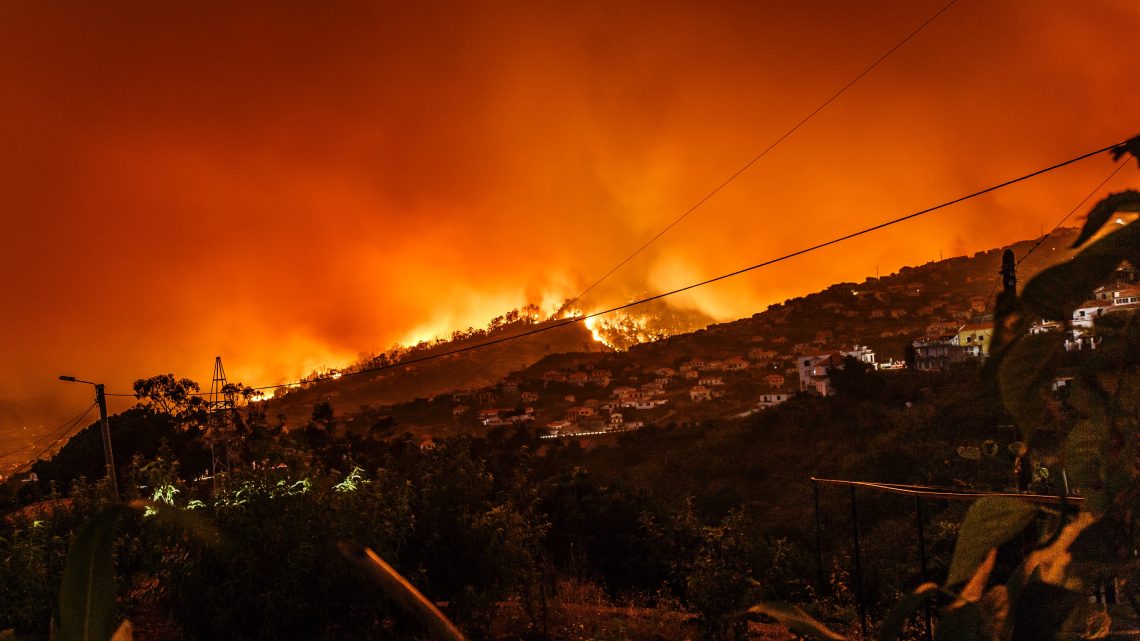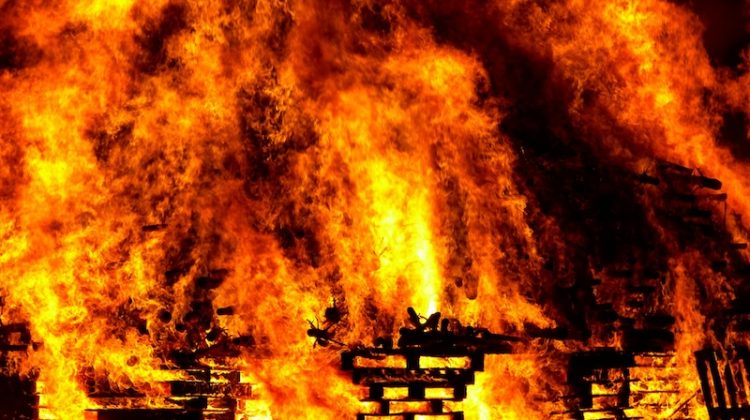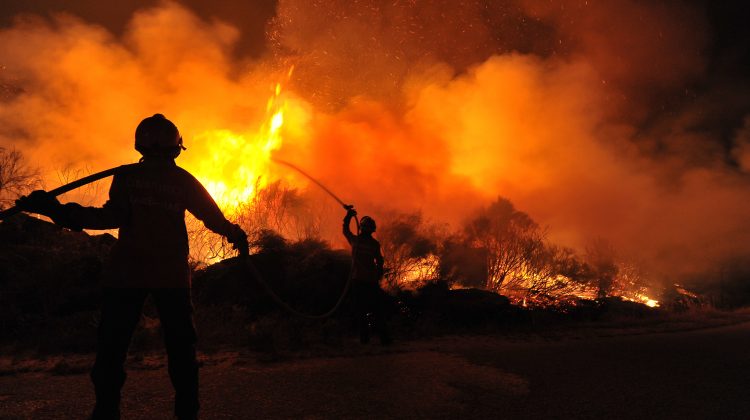The tragic deaths of two passengers attempting to escape the devastating Fairview Fire highlight the importance of fire safety and precautions. According to the Texas wildfire lawyers at Singleton Schreiber, wildfires are often the result of corporate negligence and human factors. In fact, the U.S Department of Interior reports that 89% of wildfires from 2017 to 2021 were caused by human activity, so we must be more responsible and aware of potential danger. If we truly intend on decreasing wildfire devastation, it is vital to know how to prevent fires from starting in the first place.
Be Conscious of your Car
Vehicles have a strong potential to start a wildfire in dry areas. Avoid off-roading or parking in areas with untrimmed dry grass, as any dry foliage against a hot car park could create embers. Additionally, make sure no gasoline or oil is leaking from your vehicle, as both are highly flammable. Finally, keep your vehicle, especially its engine, well-maintained. The National Fire Prevention Association reported 212,500 car fires occurred in 2018, with most beginning in the engine, running gear, or wheel area of the car.
Be Considerate While Camping
Many common outdoor activities pose risks for wildfires. It is essential to use only appropriate areas to set up a BBQ or campfire, to clear the area of any dry foliage, and to keep a full bucket of water nearby the pit in case of emergencies. Campfires and outdoor BBQs should be completely avoided on windy days, especially during the dry season. Additionally, hunters should be conscious of their weapons and know that bullets have the potential to spark when they hit certain objects.
Develop a Defensible Space
A “defensible space” is a man-made buffer between a building and its surroundings that aims to prevent the spread of fire. The creation of a defensible space will not only help protect you and your home from a nearby fire. It also serves to prevent any fires from starting on your property. The first step is to protect your house by clearing dry leaves or debris from your gutters and moving flammable materials from nearby. Next, secure your yard by removing dead foliage and trimming down branches that are hanging near your roof or tangled with other trees. Finally, regularly maintain your yard and lawn to prevent any overgrowth. In the cases the buffer doesn’t prevent a fire from starting, it will hasten the speed at which the fire can be put out.
Be Aware of your Actions
The use of many types of equipment poses a fire risk that the average person may not be aware of. Tools such as lawn mowers, weed whackers, and chainsaws have potential to strike a rock and create a spark. It’s safest to use equipment earlier in the day when it’s cooler and to avoid it altogether on windy or especially dry days. Additionally, make sure no fuel is leaking from your equipment and that it is all in working order.
In conclusion, it’s easy yet essential to take precautions against wildfires. Being conscious of your actions in regards to fire will not only help protect you, but your community and wildlife around you as well.





No Comment